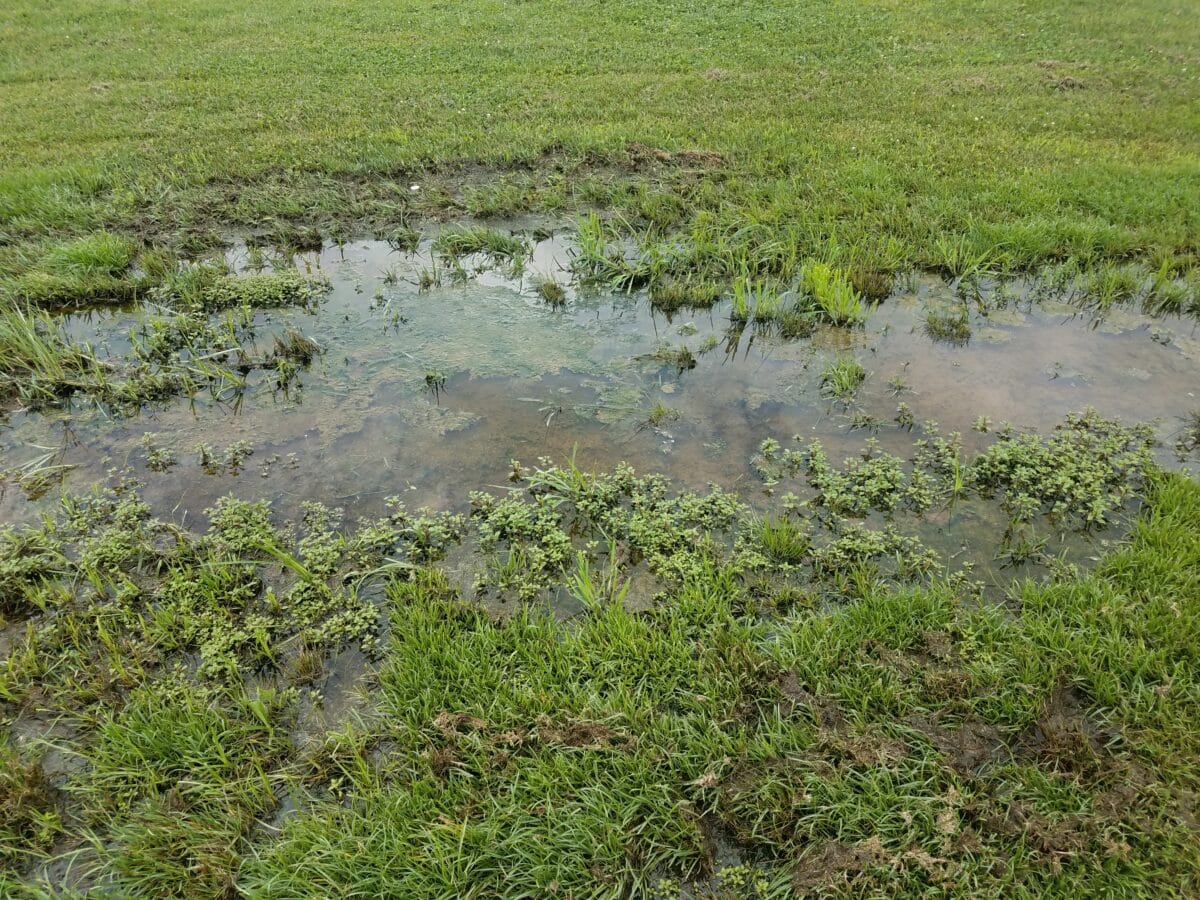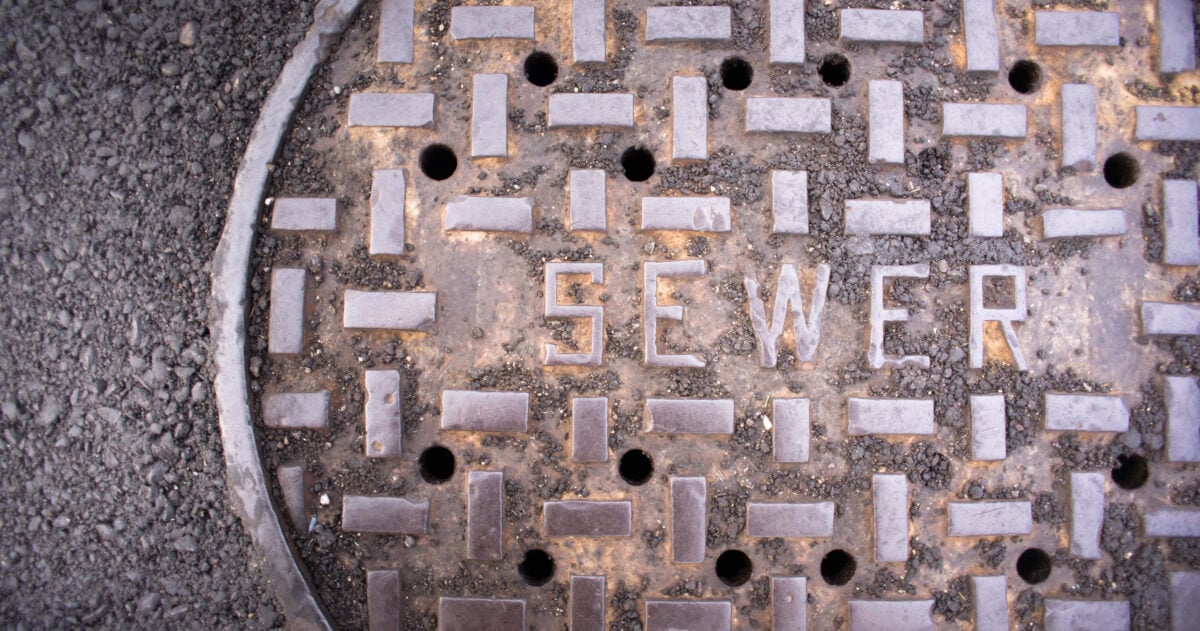Resources
Recent posts
- All
- ARTICLES
- COMMUNITY
- EDUCATION
Youth for Tomorrow
The mission of Youth For Tomorrow is to provide children and families with the opportunity to focus…
An Open Book
About An Open Book An Open Book was founded in 2010 by former children’s booksellers Dara La…
FACETS Cares
Fairfax County is one of the wealthiest in the nation, yet over 60,000 people live below the…
What Are The Signs That Your Septic Tank Is Full?
We get this question, or some variant of it, quite often, especially from people who have recently…
Is It Better To Have A Septic Tank Or Sewer?
We get this question in one form or another from a fair number of the clients we…
How To Find Your Septic Tank?
If you’ve recently purchased a home in a rural area that’s not tied to a municipal sewage…
Northern Virginia Family Service
Northern Virginia Family Service’s (NVFS) breadth, depth and scope of services offer the resources and support to…
Know When To Pump Your Nokesville Va Septic Tank
Many people are not aware of how to properly maintain a septic tank. If you were to…
FAQs and Tips
Understanding how your septic system works and maintaining it will save you time and money, and most importantly, help protect the environment. Feel free to ask our professional technicians questions what we do and why.
How does a conventional septic system work?
Conventional septic systems are the most common type of septic system. The others are innovative/alternative I/A systems and cesspools. A conventional system includes a septic tank, distribution box, and drain field.
How do I know if my system is having problems?
- Muddy Soil or Pools of Wastewater around Your Septic Tank or Soil Absorption System
- Sewage Smells around Your System or Inside Your House
- Backups When You Do Laundry, Take Showers, or Flush the Toilet
Will additives help my system?
There isn’t one on the market that can make a failing system pass inspection. We do not evaluate the accuracy of claims manufacturers make about the effects their products will have on system performance.
How often should I pump?
The Chesapeake Bay Act requires septic tanks to be cleaned every 3–5 years. Pumping your system regularly will prolong the life of your septic tank.
Why are failing septic systems harmful?
Failing systems leak excessive nutrients and bacteria into natural waterways, destroying plant and animal habitats and can transfer diseases, such as dysentery, hepatitis, and typhoid fever to animals and humans.
Do I really save money by maintaining my system?
Costs range from $355 - $415 for pumping, inspections start at $750. New systems could cost $50,000 or more.
Do’s & Don’ts
DO have the system inspected and pumped every 3–5 years. If the tank fills up with an excess of solids, the wastewater will not have enough time to settle in the tank. These excess solids will then pass on to the drain field, where they will clog the drain lines and soil.
DON’T use your toilet or sink as a trash can by dumping non-biodegradables, such as cigarette butts, diapers, feminine products, or grease down your sink or toilet. Non-biodegradables can clog the pipes, while grease can thicken and clog pipes. Store cooking oils, fats, and grease in a can for disposal in the garbage, or better yet, bring it to a recycling facility.









